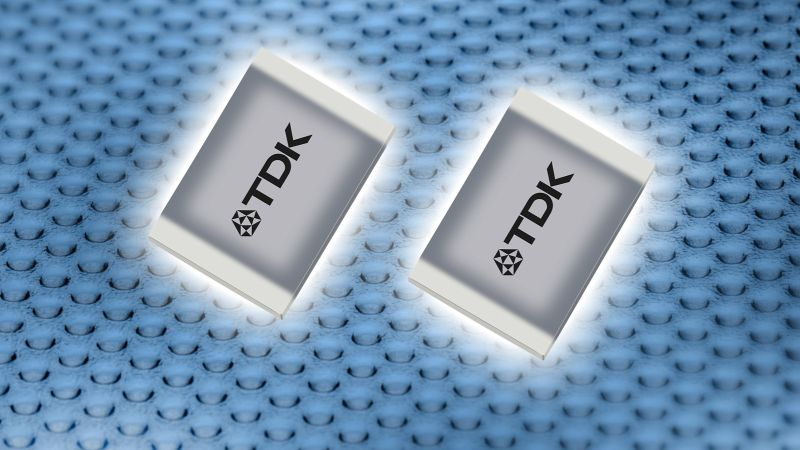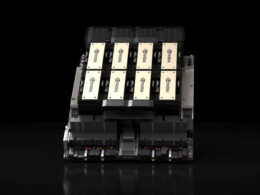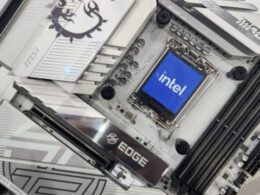As the demand for batteries escalates, manufacturers continue to experiment with their chemical components. One such company is TDK, a Japanese firm whose division has been producing lithium-ion batteries with silicon electrodes since last year. These thinner-than-average batteries promise to reduce the bulk of mobile devices without compromising battery life.
As reported by Bloomberg, Honor Magic V2, a foldable smartphone introduced last year, is expected to utilize this silicon-carbon battery tech. Though the Chinese manufacturer acknowledges the presence of a silicon-carbon battery in the device, they haven’t revealed the supplier. However, the only known manufacturer of such batteries is Hong Kong-based ATL, a TDK subsidiary.
In 2005, TDK absorbed ATL, and in 2011, it spun off its traction battery manufacturing business for electric vehicles into a separate company, CATL. CATL has since become a global leader in traction battery production. Presently, ATL and CATL operate two joint ventures manufacturing batteries for stationary energy storage systems, industrial equipment, electric cycles, and associated charging devices.
ATL is currently the dominant force in the mobile device battery market, supplying to giants like Apple and Samsung, among others. And its battery business accounts for over half of TDK’s annual revenue, with smartphones manufacturers being its major consumers.
The silicon-carbon batteries offer a 10% capacity increase compared to graphite anode-based solutions. Some estimates project this margin could be expanded to 40% or more. Analysts predict that wearables, which require compact, light, and infrequent charging, will benefit significantly from them. Virtual and augmented reality devices also fall into this category. TDK representatives foresee that within the next few years, silicon-carbon batteries will account for a double-digit percentage share of ATL’s total battery supplies, up from a current figure of less than 5%. TDK sees smartphone batteries as a future growth driver and isn’t concerned about market stagnation.





